The Importance of Purposeful Design Flaws
Who remembers Rachel Dolezal?
She got us all having some pretty uncomfortable conversations about the ways in which we identify ourselves in the mirror – and in society.
Like many others, I made some early judgments about her decision to identify as a black person and then proceed to make a career out of advocating for people of color as “one of them”. As it turned out, biologically, she is a white female of European descent.
But her self-identity doesn’t reflect that. And it’s vital that we hone in on this conversation…now more than ever. We’re all trying to engage in the dialogue in a meaningful, proactive way.
So, what do you know about purposeful design flaws?
How a hay baler taught me about design flaws.
I had just finished teaching a series of courses in Montana with First Responders – Police, EMT, Fire, Park, County – called “Conversations That Matter”. It was such a privilege.
I decided to stick around in this beautiful part of America and do some learning of my own. And it was haying season.
I wasn’t raised on a farm and didn’t know much about the tools of the trade, so I asked questions. Haying is a long process…the baler is just one of the steps involved in making sure a harvest turns into safe food for livestock.
The baler slowly traverses a hayfield that’s been cut into “windrows” days – sometimes even weeks – prior. It’s been turned by a purpose-built piece of machinery regularly so the hay dries evenly. Mold can be toxic to livestock.
I discovered that the baler has a very purposeful design flaw: a tiny, fragile screw.
The baler is designed to gather up a set weight of hay, compress and bind it together – using twine for smaller rectangular bales or a special wrap for the large cylindrical bales, which I once heard someone call “giant Weetabix”.
If any foreign object – like a rock or shard of metal from another piece of equipment – is detected, or if the hay is too damp, the tiny screw that serves as the axle in the mechanism snaps. The whole baler shuts down. But the rest of the engine – all 200 pounds of it – is still intact. Nobody is hurt and the screw is easily replaced. In fact, savvy farmers carry spares in their pockets.
We often say that we’re only as strong as our weakest link. Well, this little purposeful design flaw is the weak link, and it signals to the farmer that something else had gone wrong along the line. There’s a breakdown, but the damage can be mitigated…
Looking back at what went wrong.
When the baler breaks there’s a relatively simple – if not labor-intensive – fix. And there’s also an opportunity to figure out why it broke in the first place and make adaptations for the next harvest.
Learning this gave me insight into a little screw I’d snapped in my own life…
You might not remember Rachel Dolezal, but I’m willing to bet you remember when Donald Trump enacted a ban on immigrants of a certain faith and ethnicity.
In my zeal to advocate against this injustice and show solidarity with my friends, I posted a trending hashtag on my social media feed: Until this ends, I am Muslim.
Huzzah!
Within days, I’d lost three friends. Two of them identified as Muslim and were deeply offended. The other was simply disappointed that I would appropriate a cultural or religious identity in such a ham-handed manner. What did I really know about being Muslim, and how could I advocate for them with a hashtag…but no education or real understanding?
Valid questions.
I have a lifetime membership in one of the more privileged clubs: white, heterosexual, American-born woman. Nothing I do will take that membership away from me.
I work hard to advocate for, and educate on behalf of, members of one of the more misunderstood, often marginalized, clubs: the LGBTQ community. I’ve spent years rooting out those misunderstandings and finding ways to bridge the knowledge gap between our lack of understanding and our genuine desire to be better.
Because I really believe we all want to be and do better…every day.
My social media pronouncement did resonate with many people…not all of the feedback I received was negative. But it hurt that I lost three friends, and it forced me to think more carefully about my engagement in society and my perceptions of identity.
So, just who do you think you are?
I continue to struggle with the decisions Rachel Dolezal made, but the broader point is this: if you identify as a certain race, religion or gender, who am I to say you’re not?
Nobody knows you better than you. Full stop.
Once we set aside the need to impose our biases or beliefs on someone else and, instead, say “How can I do better at seeing you the way you see yourself?” we’re all better off.
To be an ally in the world is to trust that someone knows themselves better than you know them. I’m not a psychologist, but I’ve seen and heard and learned enough to know that if someone has found a “home” in their identity, I will celebrate and validate it. We all deserve to feel “at home”.
Whether you see someone’s shifting self-identity as an escape or an arrival in their life’s journey is beside the point. Meet them at their destination. And if you’re feeling uncomfortable, well, that means you’ve discovered a purposeful design flaw – an opportunity to look back at where things went wrong and why that fragile little screw broke.
The baler is a big, sturdy piece of machinery that does a very important job, but it’s got limitations. Farmers need many other pieces of machinery to reap a bountiful harvest…
If you’d like to learn the ways you can look back at your past harvest, evaluate the methods and machinery you used and improve upon them in the future, reach out to me. I’m doing virtual classes now, and also have resources to share.
Did you enjoy this article? Here are three more you might find interesting:
Why you should stare entitlement in the face
Take Your Event To The Next Level, Book Jess Today!
Take Your Event To The Next Level, Book Jess Today!
Related Blog Posts
Welcoming back audiences that might be at different comfort levels after the last year?
Welcoming back audiences that might be at different comfort levels after the last year? A different question – What would you keep? March 6th. May 12th. May 15th. We all have dates from the past year that we will remember. Perhaps it was a...
Jessica Pettitt: Championing Diversity and Inclusion as a Keynote Speaker
In the dynamic world of keynote speaking, Jessica Pettitt stands out as a beacon of diversity, inclusion, and transformational change. Her unique approach combines humor, real-life experiences, and actionable insights, making her a sought-after...
First steps to take when building back a more diverse workforce
First steps to take when building back a more diverse workforce Utilize disruption for growth There are a lot of metaphors turned cliches, and sometimes they are worth it. This big city gal moved into Northern California more than a decade ago,...

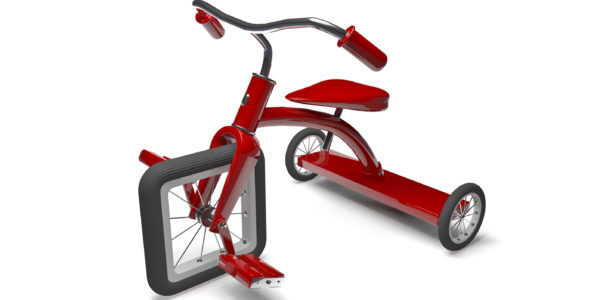


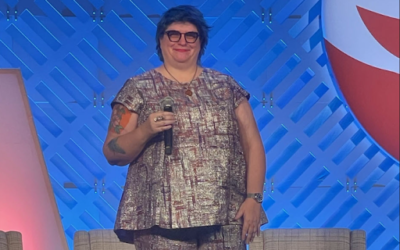
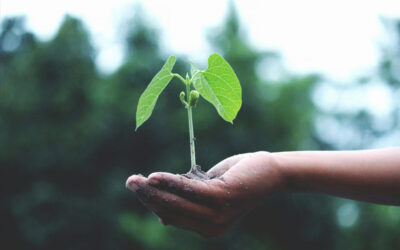

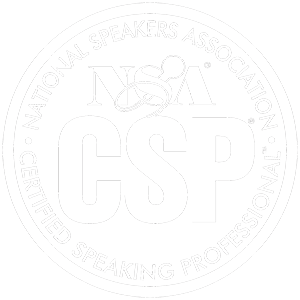
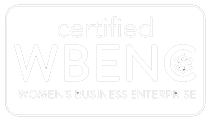

0 Comments